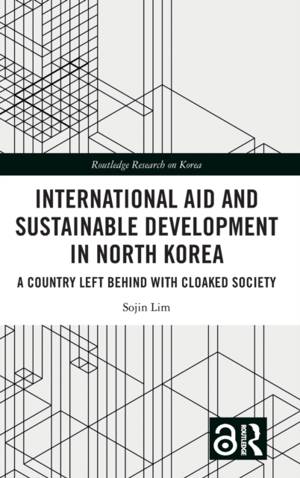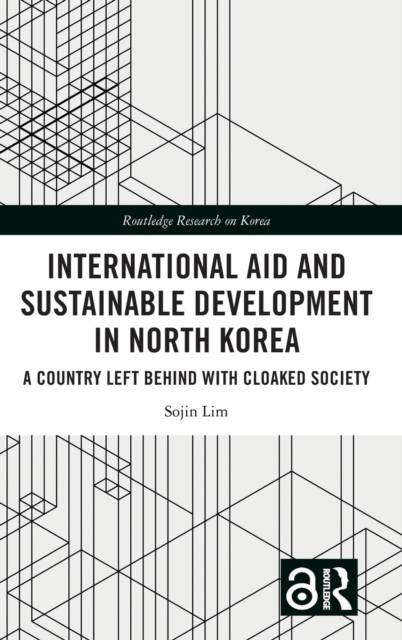
- Retrait gratuit dans votre magasin Club
- 7.000.000 titres dans notre catalogue
- Payer en toute sécurité
- Toujours un magasin près de chez vous
- Retrait gratuit dans votre magasin Club
- 7.000.000 titres dans notre catalogue
- Payer en toute sécurité
- Toujours un magasin près de chez vous
International Aid and Sustainable Development in North Korea
A Country Left Behind with Cloaked Society
Sojin LimDescription
This book examines international aid in North Korea, in particular the ongoing policy of withholding aid, through the lens of the impact on the general population to present an argument for sustainable development.
Focusing on the human rights of North Koreans and presenting a case for the use of aid as a provision for social change, it explores an alternative narrative to the existing long-drawn-out rhetoric of 'denuclearisation-first'. The book's scope includes evaluations of the causes of international sanctions and their impact, the Kim regime's mitigation of sanctions through marketisation and a digital economy as well as barriers to aid monitoring and the reason for the absence of any mass anti-regime movement. It also posits that North Korea is a fragile state but cloaked by the image of a strong regime.
The book succinctly demonstrates that the key to unlocking the potential of North Korea's 'cloaked society' does not lie in sanctions, but is to be found in engagement with development aid. As such it will appeal to students of Korean Studies, Development Studies, Asian Politics and International Relations.
The Open Access version of this book, available at http: //www.taylorfrancis.com, has been made available under a Creative Commons [Attribution-Non Commercial-No Derivatives (CC-BY-NC-ND)] 4.0 license.
Spécifications
Parties prenantes
- Auteur(s) :
- Editeur:
Contenu
- Nombre de pages :
- 146
- Langue:
- Anglais
- Collection :
Caractéristiques
- EAN:
- 9781032486895
- Date de parution :
- 22-06-23
- Format:
- Livre relié
- Format numérique:
- Genaaid
- Dimensions :
- 156 mm x 234 mm
- Poids :
- 399 g







